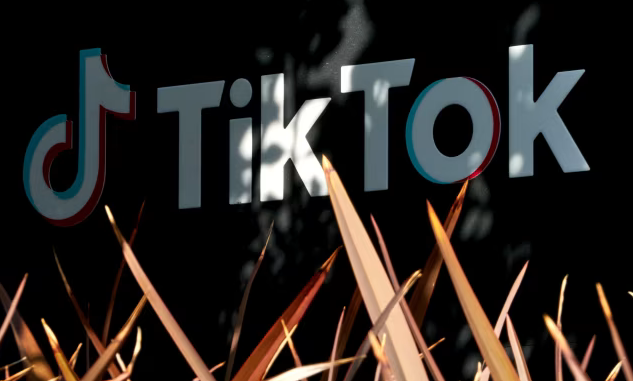In a bid to address concerns regarding the spread of misinformation, TikTok has announced its decision to label content created using artificial intelligence (AI) when uploaded from external sources.
The move, disclosed on Thursday, May 9, seeks to provide clarity to users about the origins of content circulating on the popular social media platform.
“While AI presents remarkable creative opportunities, it can also potentially confuse or mislead viewers if they are unaware that the content was AI-generated,” the company stated in a prepared release.
TikTok has been proactive in implementing measures to tackle this issue, requiring creators to label AI-generated content, including realistic AI-generated content, for over a year.
Enhancing Transparency in Content Creation
To bolster its efforts, TikTok has partnered with the Coalition for Content Provenance and Authenticity and will leverage its Content Credentials technology.
This technology enables the attachment of metadata to content, facilitating the instantaneous recognition and labeling of AI-generated content. Implementation of this capability commenced on Thursday for images and videos, with plans for extending it to audio-only content in the near future.
In the coming months, Content Credentials will be integrated into TikTok’s content, persisting even when downloaded. This feature aims to provide insight into the creation or editing process of AI-generated content, enabling users to discern its origins. Other platforms adopting Content Credentials will also benefit from automatic labeling of such content.
Setting a Precedent
TikTok asserts its leadership in this initiative, positioning itself as the first video-sharing platform to implement such credentials. Furthermore, the company will collaborate with the Adobe-led Content Authenticity Initiative to advocate for broader adoption within the industry.
Adam Presser, TikTok’s Head of Operations & Trust and Safety, emphasized the platform’s commitment to promoting creativity while ensuring transparency and factual accuracy. “Our users and our creators are so excited about AI and what it can do for their creativity and their ability to connect with audiences,” Presser remarked in an interview with ABC News. “And at the same time, we want to make sure that people have that ability to understand what fact is and what is fiction.”
The announcement was first unveiled on ABC’s “Good Morning America” on Thursday.
TikTok’s proactive approach has been evident in its policy of encouraging users to label AI-generated content and mandating labeling for content featuring realistic AI-generated images, audio, and video.

